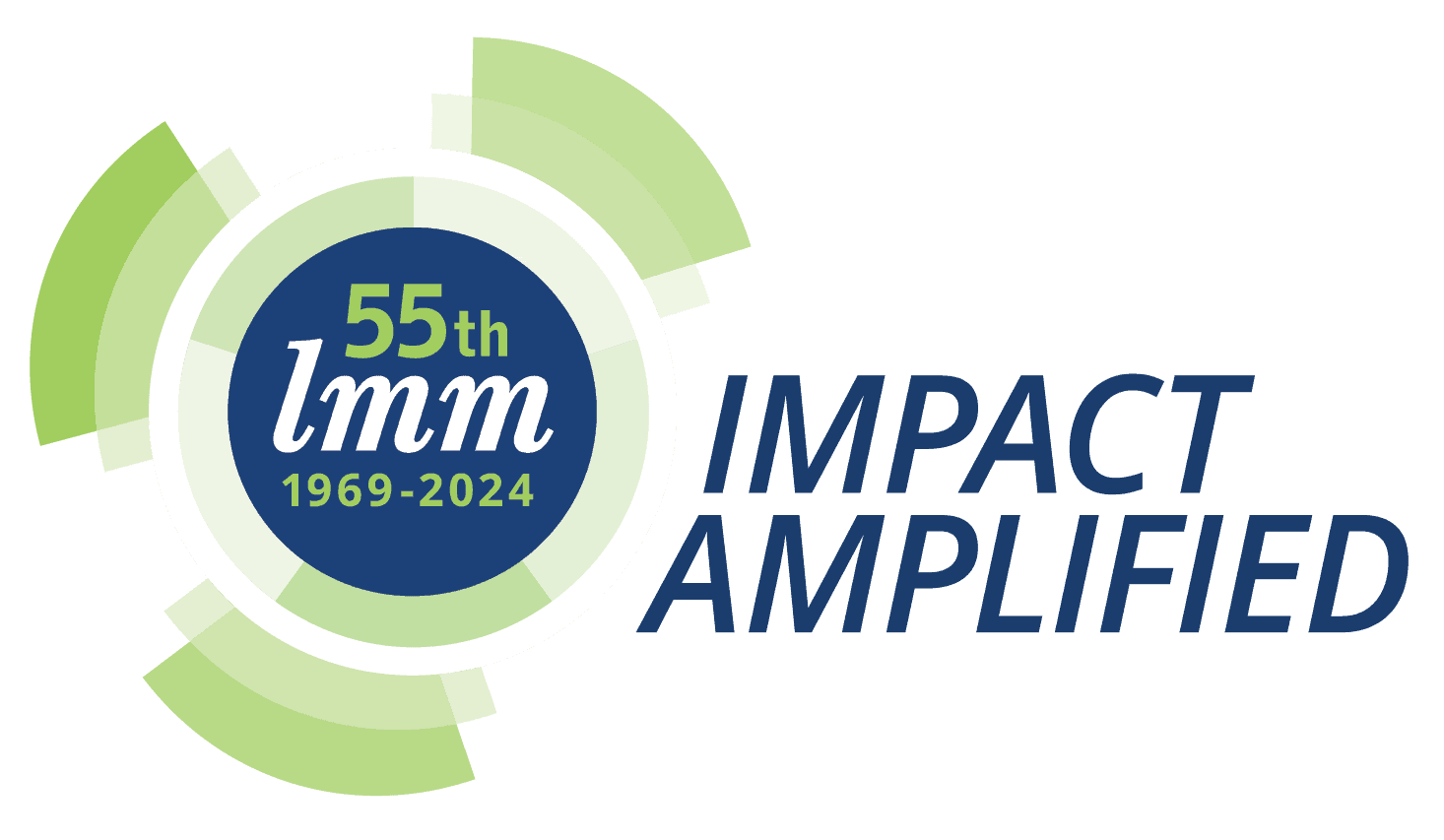Portraits of Strength Introduction
Stories of Redemption
What’s this project about?
The vision of Lutheran Metropolitan Ministry embodies a longing for the wholeness of all people, especially those who “are oppressed, forgotten, and hurting.” Many of the people involved in our organization show this vision in action. As they tell their stories, they also tell the story of LMM.
Through its vision, LMM seeks to promote shalom (peace, well-being, health, harmony, wholeness) and justice (the demands of right relationship in community) through a Christian ministry of service and advocacy with those who are oppressed, forgotten and hurting.
The shelter staff I profile in this collection bring unique understandings to their work. Some were once homeless. A few were involved in the criminal justice system. Now I see them living out a vocation of service… a sort of life where they bring empathy, strong commitment, and valuable viewpoints as a result of their experiences. They know the names and faces of hundreds who others may shun and are solidly there for them – all the while linking them with Cuyahoga County’s Continuum of Care for supportive services to help shelter residents. I’ve often been quietly amazed at what goes on here at “2100.” The work I’ve witnessed by staff goes to the full sense of vocation, rather than paycheck. I find myself saying, “Someone needs to hear this; someone needs to see this.” Those who were on the brink of despair are now doing this remarkable work.
These stories do not include the sociology of race or poverty, though this is relevant and important. Rather, these are portraits of individuals, the personal side of what statistics and graphs cannot quantify.
This project is also about fair hiring practices
The hiring practices at LMM intentionally allow people like this to rewrite their own stories and reach their full potential. Hiring these individuals is not about convenience in filling roles, but about justice, advocacy, and modeling right relationships in our community.
In a time when employers are voicing concerns over a labor shortage, here is an opportunity for them to take the lead. Fair chance hiring is an opportunity waiting for those who will put doing good, and being fair, in their hiring processes so that everyone wins!
What these portraits show us…
Kindness: The sense that people cared was a powerful incentive for each of these individuals in their recovery. Throughout these portraits we see moments where they received encouragement, forgiveness, and kindness. And this is an element at the heart of Lutheran Metropolitan Ministry’s work which often references the prophet Micah’s command to “do justice, love kindness and walk humbly with your God” (Micah 6:8).
Hope: Each of these individuals transmits hope simply through who they are. They are living witnesses to the fact that we are meant for this deep humanity. We are all made for goodness. While some lost hope at times, finding it again became their ultimate strength. Now they speak hope to those they serve. Mind you, this is hope not simple optimism.
Act your way into a new way of thinking: Action is a great builder and restorer of confidence. The phrase, “being given a second chance,” doesn’t begin to describe what happens when someone is empowered to act in ways that reflect the character they “always knew was inside” of them. For many, this action begins when they are given a job. Change can happen from the outside in, through training and a routine that reinforces the character of an individual.
Honesty: To be most helpful, direct honesty is essential in any relationship. Honesty in the context of respect and kindness ultimately builds trust. This is even more important in Shelter work where trust is never a given.
Understanding: There is a depth of understanding that comes from having “been there” and this is part of the story in each of these portraits of our shelter staff. Background in homelessness and the criminal justice system is a strength in what they bring to their work.
Sense of humor: Only a person familiar with struggles and suffering can fully appreciate the gift of everyday life and what it has to offer. This appreciation of life is often reflected in the amazing humor of many of my staff partners profiled here. This can have such a positive effect on everyone, lightening the atmosphere of this shelter.
Beyond this project
According to LMM’s Advocacy Director Margie Glick, “hiring previously incarcerated individuals contributes to the greater good and can be beneficial to a business’s bottom line. Employment post-release is associated with lower rates of recidivism because it gives individuals much needed income and stability. We also know from our experience at LMM which “Banned the Box” and uses fair chance hiring practices, that these workers are highly dedicated, hardworking, and reliable. This work ethic, combined with existing state tax incentives for employers who hire those formerly incarcerated, creates an underutilized talent pool with a lot of potential.”
LMM’s firsthand experience is validated in research. According to the Harvard Business Review, employees with criminal records are less likely to leave their place of employment and remain more loyal to the people who hire them. They are highly valued and add no additional risk to an employer.
These portraits show us that practices such as fair hiring can change lives, improve the well-being of families, and contribute to stronger and safer communities. It’s time that more employers change their perception about what it means to hire someone formerly incarcerated. We must all work together to end the cycle of recidivism, and that starts with hiring those with past-justice involvement.
–Lydia Bailey


